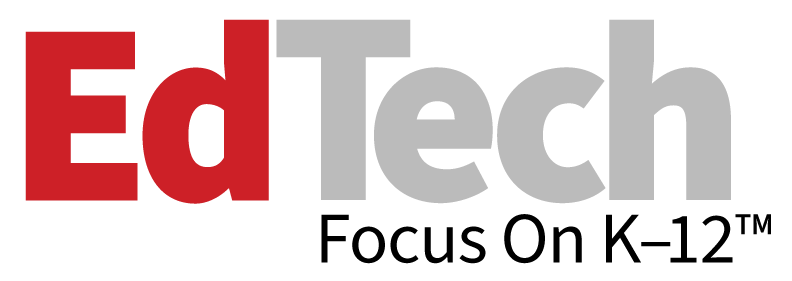Social Media Gives Educational Reform A Voice
We are in dire need of new narratives to describe education. The pervasive discussions on the topic of education reform reflect a growing sense that our system is broken. But we don't have a collective sense of what the solutions are, and I'm not even sure we agree on the problems.
This lack of consensus, I believe, reflects the lack of a coherent cultural narrative about what teaching and learning are supposed to accomplish, leaving us with a crisis of meaning in education. At the same time, we're witnessing dramatic changes in how narratives are formed – and by whom – because of social media.
Historically, institutions have had more control over narratives than their constituencies. Now, however, social media are giving voice to groups who previously lacked the power or visibility to have their voices be heard and be influential. Breaking down traditional institutional powers can be a painful, difficult process (as recent events in the Middle East have demonstrated) because institutions are reluctant to let go of their perceived expertise and value.
The "Heard" Mentality
For educators, this shifting dynamic means a healthier, more influential role in the education reform dialogue.
In 2007, I founded Classroom 2.0, a social network for those interested in Web 2.0 and social media in education. Today, the network boasts more than 53,000 members.
It's true that blogs and wikis provided two early (and extremely valuable) tools for educators around the world to tap into the collaborative value of Web 2.0. But their use of these tools is neither as widespread nor as passionate as their adoption of social networking.
I believe social networking caught on with educators for two reasons: It's easy (and either free or cheap) to use, and it offers a variety of ways to connect, create and share. Its pedagogical merits are plain as well, as many educators rely on social media to collaborate with (and learn from) fellow educators they might never meet otherwise.
Although cultural and legal questions have hampered social media's use in the classroom, there can be no doubt that it has become something of a silver bullet in educators' personal and professional development. That these networks aren't created by users from the top down, but rather from the bottom up, mirrors the greater experience we're seeing on the web, as they tap into personal passions, engagement, leadership and participation.
For educators, social networks offer authentic, peer-driven learning. They provide emotional support and help reduce the isolation that teachers often feel. They allow rapid feedback, experimentation and reporting back to the community (often a global one) within hours or days. They foster creativity, provide perspective, increase connectivity and re-energize personal practice.
Growing social networks requires rethinking how things get done within institutions. Social networking projects that are driven from the top miss both the value and engagement of user-created networks. Built into the DNA of social networks is the focus on the users, whose participation and engagement do more to drive the networks than their creators; which brings us back to education reform.
Educational social networks provide the platform for authentic discussions by educators about what really matters in education. Top-down, mandated reforms rely on compliance with overly simplified principles that support existing structures and ideals. To build narratives about education that truly address the what and how of teaching and learning – and that will truly benefit our students – we have to allow and support the kind of conversations that social networking so brilliantly facilitates.
The Tale of the Tweets
Here's a sampling of educators' feedback on how social networking has changed their profession:
- Participating in social networks for educators is "like attending your favorite ed. tech. conference 365 days a year: the inspiration and the resources!" – @engagingEDU
- Social networking has "broadened my [personal learning network], given me new ideas, new innovations, new approaches, new colleagues." – @jrussellteacher
- Without educational social networks, "those of us in rural places would still be isolated. [They have] allowed us to be part of a larger school: the world." – @jwatson14







